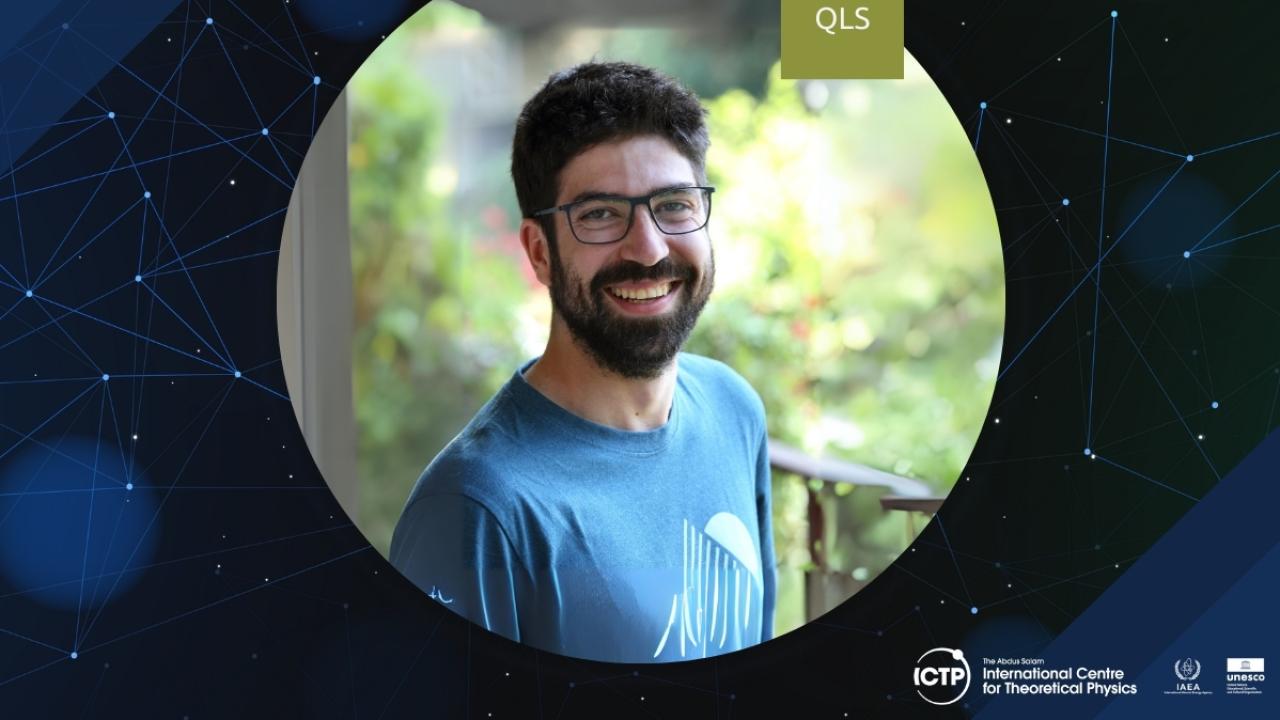
ICTP researcher Jacopo Grilli, a biological physicist in the Centre's Quantitative Life Sciences section, has received a major grant from the Italian Ministry of Universities and Research's Italian Fund for Science that will support his research on microbial communities.
The goal of his five-year project will be to unveil the ecological dynamics of taxonomic and functional compositions of microbial communities.
"Microbes are everywhere; their presence inevitably affects the environment they live in and they often play an irreplaceable role in the ecosystem," explained Grilli. The functioning of microbial communities is also determined by their complex structure, Grilli added, with ubiquitous metabolic interdependencies and ecological interactions. This complex organization extends across scales, with many species coexisting in the same environment and many strains coexisting within the same species. The high rates of horizontal gene transfer make functional traits fluid, including between species with a very distant common ancestor. The progress made in the last two decades has shown the extent of microbial diversity.
Grilli indicated that this progress has been driven mainly by technological advances, which have delivered large amounts of high-throughput data, and increasingly sophisticated inference algorithms. "While descriptive connections surmise the drivers of community composition, we still lack a mechanistic understanding of how diverse communities are structured, and why they are diverse in the first place. More fundamentally, we lack mechanistic theories able to quantitatively predict the composition and diversity of microbial communities," he said.
The multidisciplinary nature of his project adds a compelling angle to Grilli's research. "This project sits at the uncomfortable, yet exciting, interface between data and theory," he explained. "It has two intermediate goals. First, by using theory-informed approaches, it aims to develop robust methods for quantitative study of complex data about the structure of real-world microbial communities. Second, it aims to improve theory, by pushing it to make predictions that are falsifiable with existing data."
The Italian Science Fund promotes the development of fundamental research, in accordance with established European procedures, through the competitive allocation of grants modelled on the Starting, Consolidator and Advanced Grant schemes of the European Research Council (ERC).
Grilli's nearly €700,000 grant is the biggest he has received, and with the Fund's success rate of about 3%, his achievement is a reflection of the high quality of his research. Grilli also credits ICTP's role in helping to attract the funding: "ICTP has an unique international environment that allows to exchange ideas with a very diverse group of people. The ICTP activities I organized also help a lot in shaping my scientific view; they are a great opportunity not only for participants, but also for organizers!" he said.
















